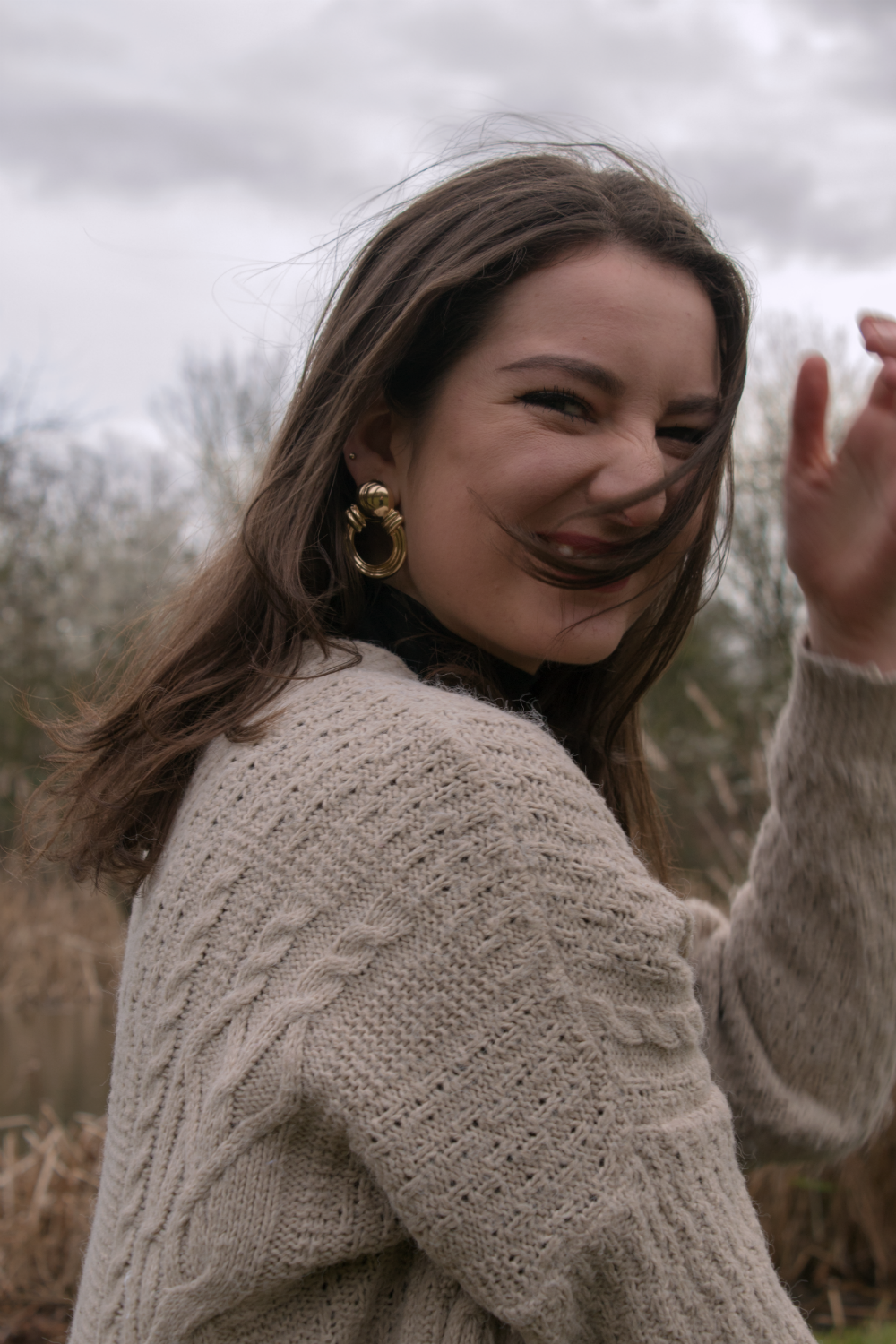We can't let the threat of Covid-19 distract from the need for more diversity in the arts
Diversity in the creative industry is not a ‘nice to have’, but a social justice issue. So that's why Alex Pleasants and Joanna Abeyie, co-founders of the All-Party Parliamentary Group for Creative Diversity, are on a mission to change the paradigm in the post-pandemic arts era
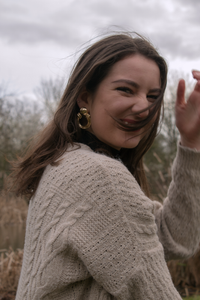
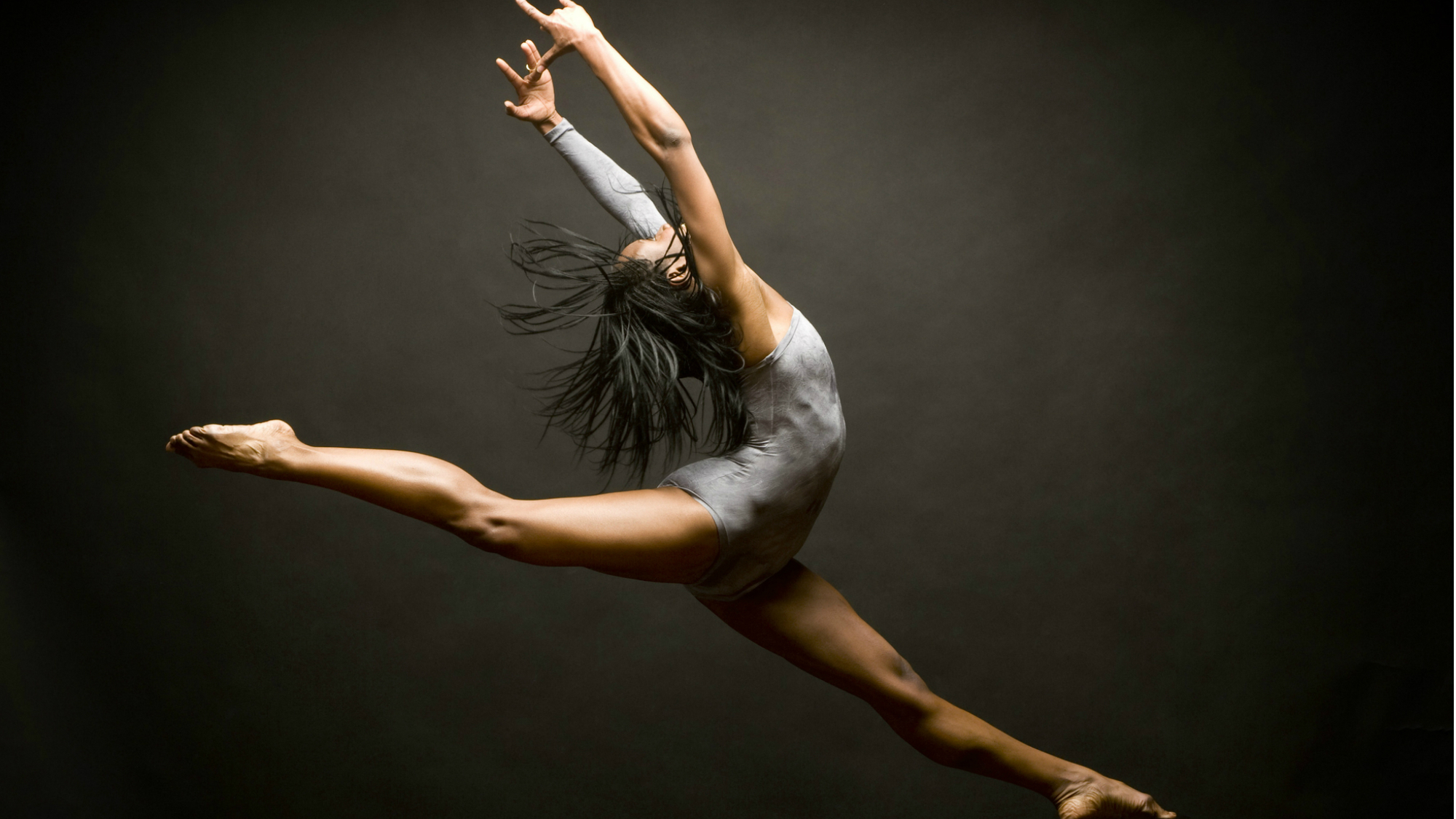
Diversity in the creative industry is not a ‘nice to have’, but a social justice issue. So that's why Alex Pleasants and Joanna Abeyie, co-founders of the All-Party Parliamentary Group for Creative Diversity, are on a mission to change the paradigm in the post-pandemic arts era
There’s no denying that when it comes to diversity, the creative industry is still a work in progress. Shockingly, as many as 92% of the UK's top theatre leaders are white - with only 10.9% of creative vacancies filled by BAME people. As well as this, just 5% of these candidates identify as disabled.
With arts and culture playing a crucial role in bringing communities together, its vital to build a creative industry that is truly representative of the UK - especially at a time where so many of us are unified by the reassuring words of our favourite authors, screenwriters and playwrights.
It's no secret that the pandemic has thrown the arts into an unprecedented crisis - but it's important to ensure that, as creative organisations rebuild and recover, the diversity discussion will not be left off the table.
On a mission to keep this conversation going is the All-Party Parliamentary Group for Creative Diversity (APPG).
Set up in April last year by Alex Pleasants - formerly Ed Vaizey MP's senior policy advisor - and Joanna Abeyie - founder and CEO of diversity consultancy and executive search business Blue Moon - the APPG aims to engage with Government and industry to identify and eradicate obstacles to diversity in the creative sector.
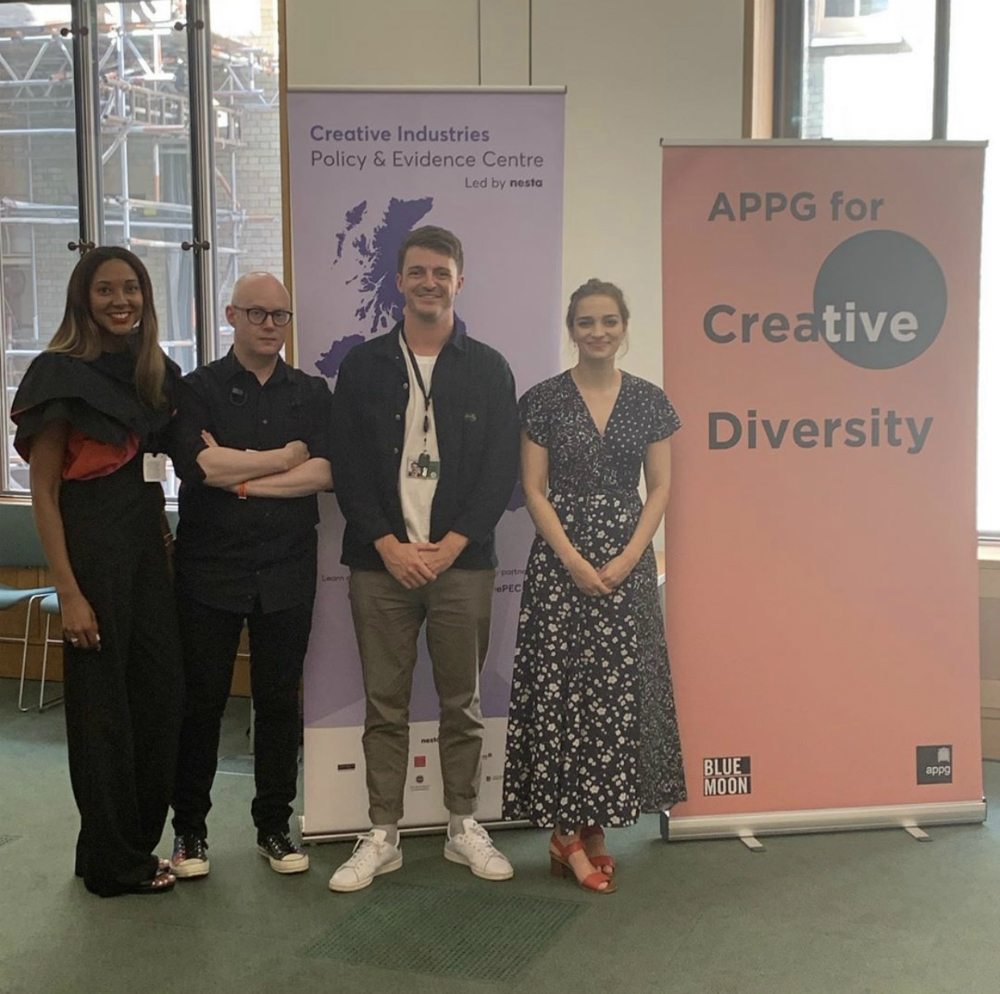
The group, which is currently co-chaired by former Royal Ballet principal dancer and peer Deborah Bull and Labour MP Chi Onwurah, is embarking on a year-long research project that seeks to detail the variety of ways the industry can engage with a wide and diverse range of talent.
Celebrity news, beauty, fashion advice, and fascinating features, delivered straight to your inbox!
Partnering with King’s College London, University of Edinburgh and the Creative Industries Policy and Evidence Centre, the APPG is enlisting the help of creatives across all creative industries, by asking them to send evidence of the best strategies - 'what works' - for championing diversity in this sector.
Research is being gathered through an online submission process, with the APPG asking participants to email evidence of ‘what works to embed inclusive approaches to talent in creative businesses’ to diversityappg@gmail.com.
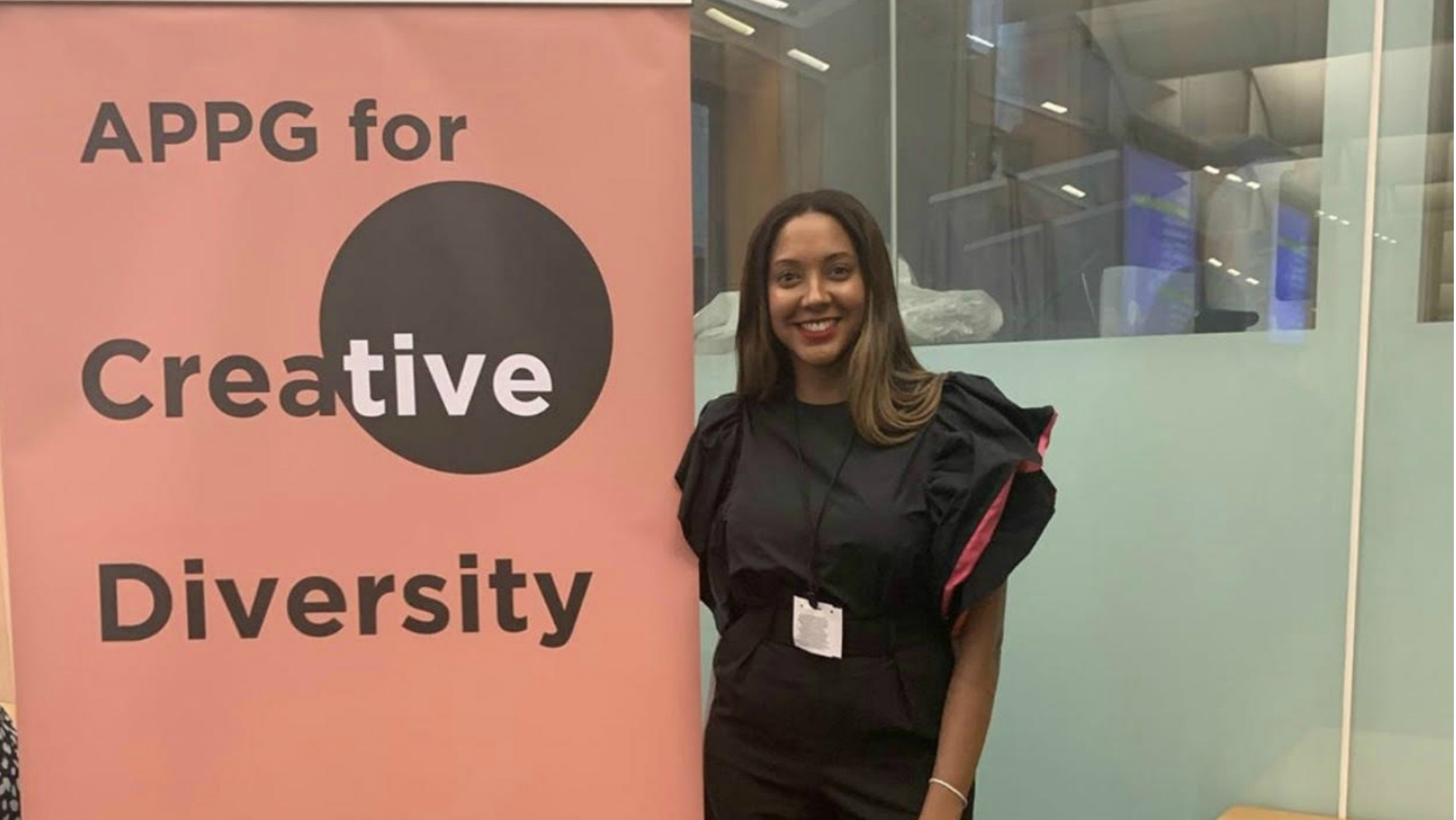
The project also aims to construct sustainable approaches to opportunities and access for those from under-represented backgrounds. This will be achieved through a series of roundtables throughout 2020/21, initially taking place over Zoom.
Once the group has gathered enough evidence (estimated by Summer 2021), they will put together recommendations for the sector and government on how they can improve diversity in the creative industries.
Recognising the threat that Covid-19 has posed on the arts, Bull spoke of the need to ‘double down’ on efforts to identify ways to address the issue of diversity.
She said: ‘The creative industries have become a UK success story, contributing significantly to the UK economy and to our reputation around the world. Arts and culture are playing a crucial role in bringing communities together in these challenging times and will play a part in our nation’s recovery.’
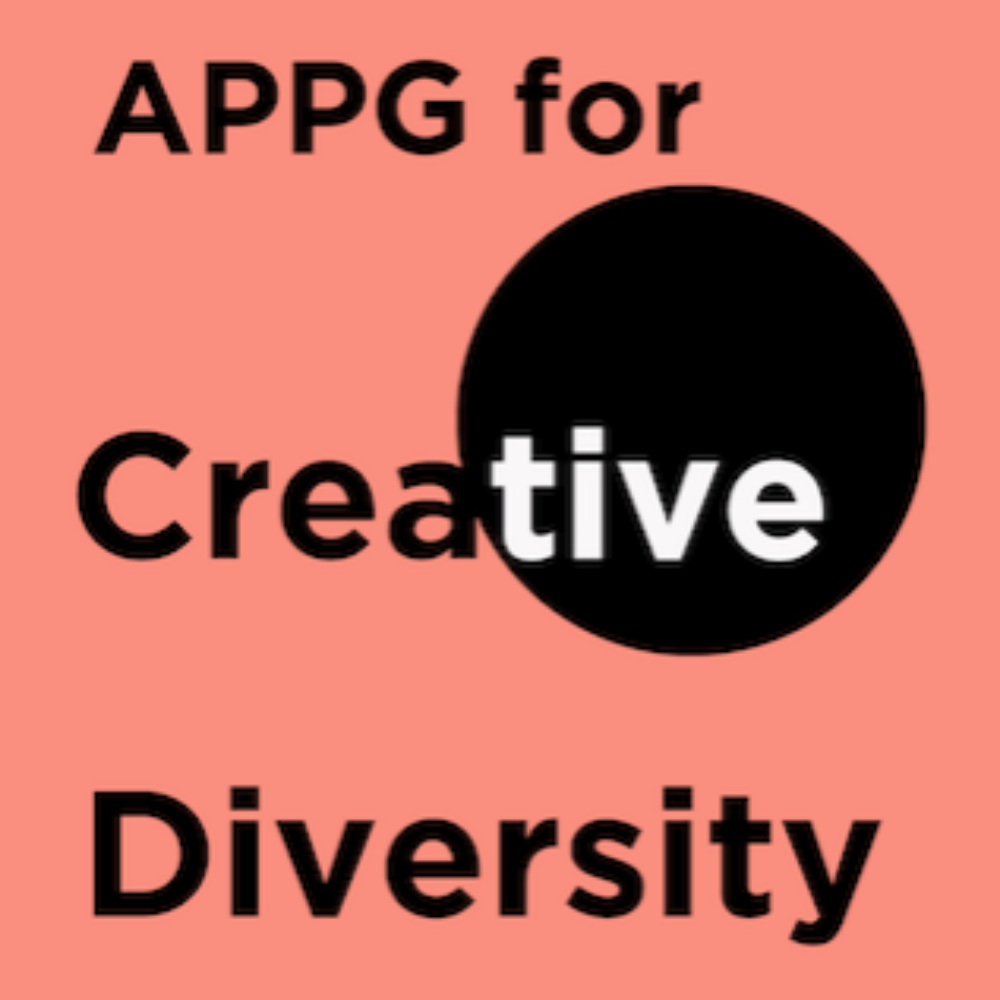
‘Creative careers will continue to have much to offer - not least because of their resistance to automation - and yet access to those careers remains uneven. This goes on to influence the work that gets produced, whose voices it represents and, ultimately, who makes up the audiences.’
She added: 'I look forward to working with colleagues across and beyond Parliament to level up opportunities so that everyone, whatever their background, has equal access to consider a creative career.'
Bull’s Co-chair Chi Onwurah MP, said: 'The Creative Industries are a critical part of our culture and economy. But they don’t represent our country. This work will help us identify what works best to change that.'
Niamh McCollum is Features Assistant at Marie Claire UK, and specialises in entertainment, female empowerment, mental health, social development and careers. Tackling both news and features, she's covered everything from the rise of feminist audio porn platforms to the latest campaigns protecting human rights.
Niamh has also contributed to our Women Who Win series by interviewing ridiculously inspiring females, including forensic scientist Ruth Morgan, Labour MP Stella Creasy and ITV’s former Home Affairs Editor Jennifer Nadel.
Niamh studied Law in Trinity College Dublin. It was after enrolling in a Law & Literature class on her year abroad in Toronto that her love of writing was reignited. In no particular order, her big likes are Caleb Followill, hoops, red wine, sea swimming, shakshuka and long train journeys.
